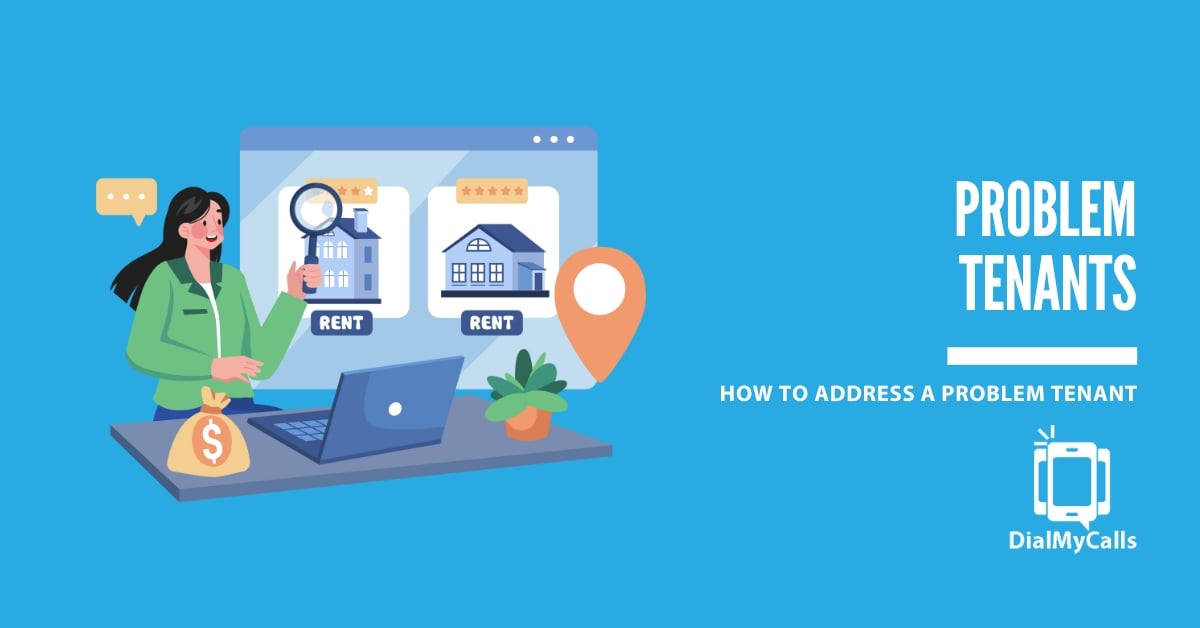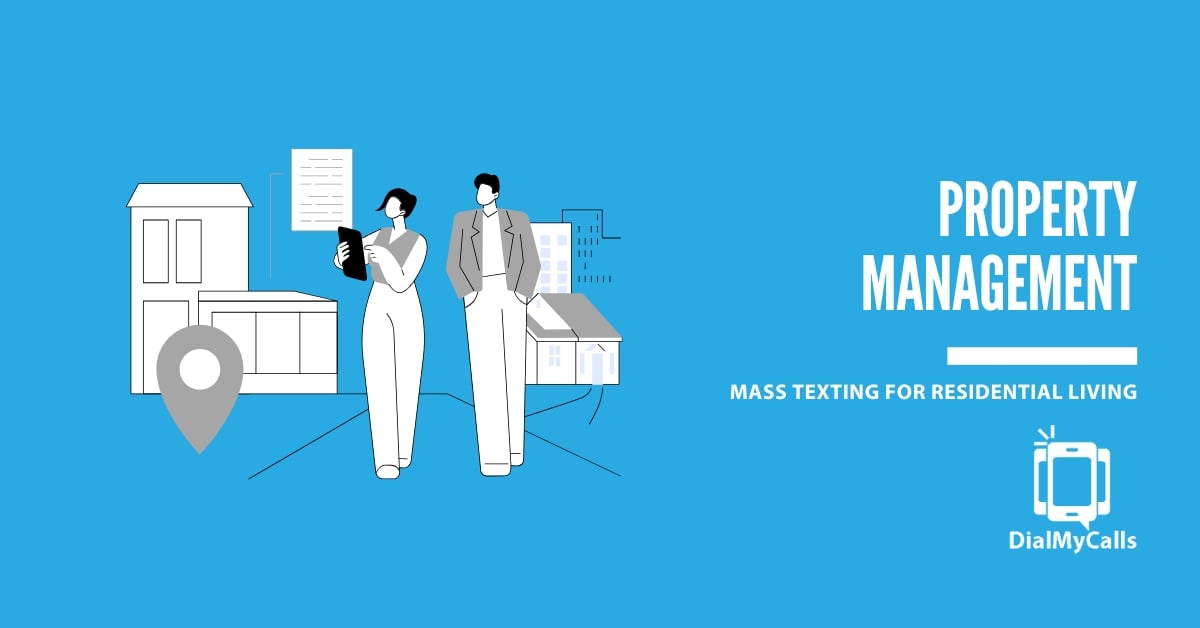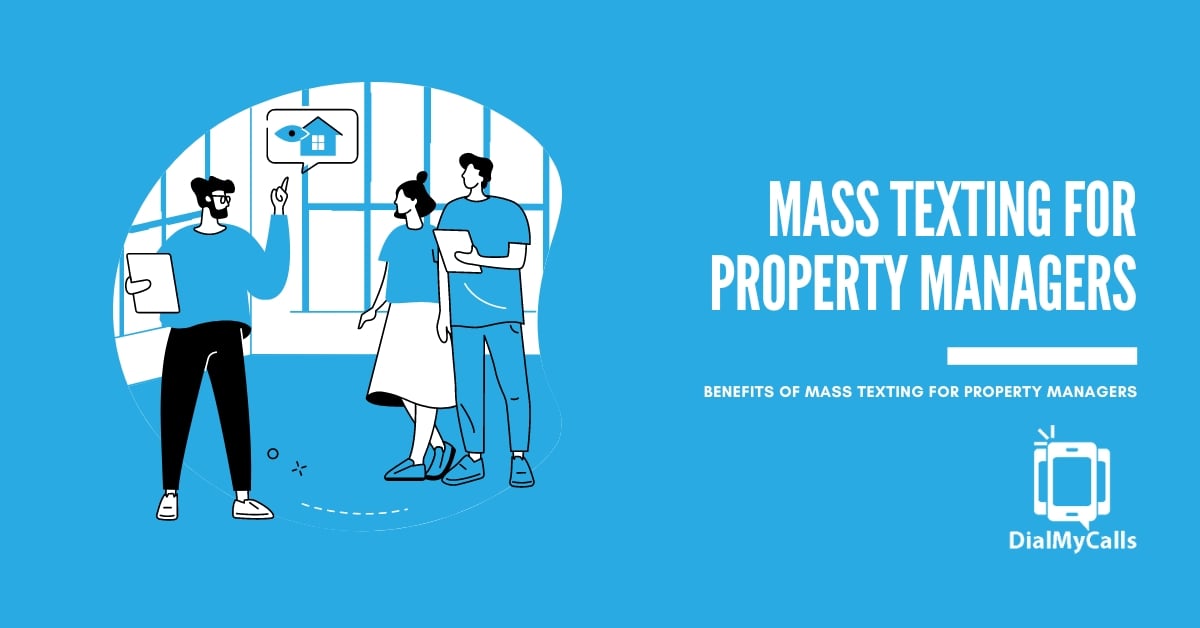Author
Tim Smith is the Media Manager at DialMyCalls, where he has leveraged his expertise in telecommunications, SaaS, SEO optimization, technical writing, and mass communication systems since 2011. Tim is a seasoned professional with over 12 years at DialMyCalls and 15+ years of online writing experience.
Try Using DialMyCalls Right Now
Start For FreeRecent Posts
- SMS Marketing Metrics: How to Measure and Improve Your Text Campaign’s Success
- What are SMS Carrier Fees and How to Lower Your Costs
- 8 Creative SMS Marketing Ideas to Boost Engagement This Summer
- 15 Ways to Use QR Codes For Event Promotion & Attendee Engagement
- Top 6 Automated Calling Service Providers For Your Business
Categories
“I am a youth minister and have spent hours in the past calling students individually to remind them of an upcoming event or to get out an urgent announcement. With DialMyCalls.com, I cut that time down to about 1 minute. I also love how I can see exactly who answered live and how long they listened so I know if they heard the whole message. DialMyCalls.com is the best website I have stumbled upon all year! Thanks!”
Central Baptist Church
Try Using DialMyCalls Right Now
Start For Free10 Warning Signs of a Problem Tenant and How to Address Them
Posted by Tim Smith in Property Management on July 25, 2019
Updated on February 14, 2025

Let me start by painting you a little picture: you’ve just signed a lease agreement, and everything seems perfect. The rent checks come in, the property looks pristine, and you’re confident you’ve found the ideal tenant. But as time goes on, subtle issues start to surface—they are behind on the rent, neighbors can’t seem to stop complaining, and your calls go unanswered. Sound familiar? Then this blog is for you.
Problem tenants can transform your dream of stress-free property management into a nightmare. While some instances are understandable, many others call for your immediate attention. So, recognizing the red flags early can save you from costly mistakes and sleepless nights. Here, I have listed down seven early warning signs of a problem tenant and how you can address them without pulling out your hair.
Stay Connected with Mass Notifications
Create & Send a Broadcast to Thousands in Seconds
10 Warning Signs of a Problem Tenant
- Late Rent Payments
- Complaints from Neighbors
- Poor Communication
- Failure to Maintain Property
- History of Evictions
- Unreasonable Demands
- Frequent Lease Violations
- Vague References During Background Checks
- Overcrowding the Rental Unit
- Lack of Renter’s Insurance
Here are the not-so-subtle traits a bad tenant exhibits:
1. Late Rent Payments
One of the earliest signs of a potential issue is consistent late rent payments. Once or twice is okay; maybe three times can be a pass, but not more than that. Besides, it’s not just about the inconvenience; it disrupts your cash flow. This will eventually lead to financial strain, especially if you rely on rental income for property maintenance or mortgage payments.
For example, let’s consider a tenant who pays late every month. You will hear them say something like, “I’ll have it next week.” Now, you may have commitments to meet, and you probably were depending on this rent to meet those. If you do not put a stop to recurrent late payments, it will indicate financial instability or a lack of respect for lease terms.
2. Complaints from Neighbors
No type of complaint about a tenant from neighbors can be ignored. When they start voicing concerns about noise, disturbances, or inappropriate behavior, it’s a flag in all shades of red.
That’s because such instances disrupt the peace of the neighborhood. As the owner, it’s as much your responsibility to maintain peace as it is your tenant’s.
3. Poor Communication
Imagine a tenant evading your calls, not responding to your texts, and always being ‘out of town’ when you go visit. Sounds taxing, right?
Unresponsive tenants can make property management a headache. This will be especially tiresome when you have maintenance issues and rent to collect. Additionally, poor communication can delay repairs, escalate minor issues, and lead to mistrust.
4. Failure to Maintain Property
When tenants neglect their responsibility to care for the property, it can lead to long-term damage. For example, a tenant failing to report leaks, leaving garbage unattended, or not cleaning up spills will lead to costly repairs on your part later.
5. History of Evictions
Sure, you do a background check before renting out your property, but if a tenant with a history of evictions shows up, you better know how to do a deep dive so you’re not responsible for their next eviction. I say this because a track record of evictions suggests a pattern of unreliability. The last thing you want is to be constantly worried about issuing that eviction notice or not.
6. Unreasonable Demands
Some tenants push boundaries with constant, unrealistic requests. Whether it’s asking for new appliances or demanding unnecessary upgrades, these demands can strain your time and resources. Remember that it’s okay to say no to unreasonable demands—your goal is to maintain a balance between tenant satisfaction and property management efficiency.
Reach Thousands, Instantly
Grow Your Business by Leveraging Mass Texting
7. Frequent Lease Violations
Ignoring lease terms, whether it’s about pets, smoking, or subletting, is a major issue. Frequent lease violations, like sneaking in unauthorized pets or subletting without permission, can quickly spiral into a landlord’s worst headache. These breaches don’t just disregard your rules—they erode trust and can even lead to legal headaches. Imagine discovering your cozy one-bedroom rental has been turned into a makeshift boarding house.
8. Vague References During Background Checks
When references seem hesitant or provide vague feedback, it could indicate something worth investigating further. Imagine contacting a previous landlord or employer and receiving noncommittal responses like, “I guess they were fine” or “I don’t remember much.”
These vague replies often stem from a reluctance to share negative details outright or a lack of positive experiences worth highlighting. While everyone deserves a fair chance, such feedback might point to issues like missed rent, property damage, or poor communication in previous tenancies.
9. Overcrowding the Rental Unit
Overcrowding goes beyond a mere lease violation; it can lead to significant wear and tear on the property and strained relationships with neighbors. For instance, when a one-bedroom apartment is occupied by five adults, it not only puts excessive stress on utilities and structural elements but also increases the likelihood of damage to fixtures and common areas. Sure, once in a while, family or friends can stay over. However, a repeated pattern of extended stays is a glaring red flag.
Such situations often result in noise complaints and disruptions to other residents, creating a ripple effect of dissatisfaction within the community.
10. Lack of Renter’s Insurance
Tenants who dismiss renter’s insurance often lack accountability. Without coverage, disputes over damages or liability issues can become a major headache. Renter’s insurance serves as a safety net, offering protection for both the tenant and the landlord.
When tenants opt out, they put everyone at risk. Imagine a scenario where a fire damages property—without insurance, liability questions can lead to disputes, strained relationships, and unexpected expenses. This lack of preparation not only exposes tenants to financial hardship but also leaves them vulnerable to potential legal entanglements. More often than not, dealing with such situations quickly becomes a logistical and financial burden.
9 Tips for Handling a Problem Tenant Like a Pro
- Document Everything
- Stay Calm and Professional
- Set Clear Expectations
- Seek Mediation
- Know Your Legal Rights
- Hire a Property Manager
- Use Technology for Communication
- Perform Regular Inspections
- Create a Tenant Handbook
Now, here is what I propose to ensure your leasing experience is as seamless as possible:
Document Everything
Every interaction, complaint, and incident should be meticulously recorded. Think of it as building a safety net for your property management. These records aren’t just for keeping track of issues—they’re your strongest defense if legal action ever arises.
For instance, having copies of warning letters, repair requests, or communication logs can provide undeniable proof of your diligence and fairness. Such documentation can tip the scales in your favor during disputes, showing that you addressed concerns promptly and transparently.
Stay Calm and Professional
If you ever feel like putting your fist through a wall when dealing with a problem tenant, think again. Emotions can run high in tenant disputes, but staying composed is key. Focus on the issue at hand and avoid personalizing conflicts. Calm, neutral communication often leads to quicker resolutions.
Set Clear Expectations
Problems will arise and you cannot avoid them. That said, ensure you have clearly documented expectations in terms of rent, maintenance, and disruptions. When tenants step out of line, revisit the lease terms. Reinforce expectations through formal warnings and detailed explanations. Consistency is crucial in enforcing rules.
Seek Mediation
You don’t have to handle everything on your own though. If conflicts escalate, mediation can provide a neutral platform for resolution. A professional mediator helps both parties find common ground without resorting to costly legal battles.
Know Your Legal Rights
Understanding landlord-tenant laws protects you from making missteps. Familiarize yourself with eviction procedures and consult an attorney for guidance when necessary.
If you are unclear, here’s where you can find the laws governing the landlord-tenant relationship in your state: Click on the map to view laws in your state.
Hire a Property Manager
When managing tenants becomes overwhelming, consider bringing in a professional. Property managers have the experience and resources to handle challenging situations effectively. Think of it this way — why get your hands dirty when you can have a professional do it for you?
Use Technology for Communication
Did you know you can send out reminders for rent, maintenance, or events to your entire tenants list in one go and in an inexpensive way? Tools like DialMyCalls are incredibly helpful for sending automated reminders about rent payments, maintenance schedules, or important updates, ensuring that your tenants stay informed and on top of their responsibilities.
By automating these messages, you not only save yourself time but also eliminate the possibility of misunderstandings or missed communication. A quick, friendly reminder via text or voice message can encourage tenants to pay on time, follow rules, and stay engaged with the property.
This can be especially important when you’re dealing with multiple properties and a higher number of tenants.
Perform Regular Inspections
One of the best ways to prevent larger issues from developing is by conducting routine property inspections. Regular checks—whether quarterly or biannually—help catch small problems before they turn into costly repairs. Inspections also reinforce the importance of tenant accountability. When tenants know their living space will be reviewed, they are more likely to follow the rules and keep the property in good condition.
It’s important to approach these inspections with a friendly attitude, reminding tenants that it’s all about keeping the property safe and maintaining a high quality of living for everyone.
Create a Tenant Handbook
A well-crafted tenant handbook is an essential tool for fostering a positive and respectful relationship with your tenants. This handbook should include clear guidelines on lease agreements, property rules, and procedures for common situations like maintenance requests, emergency contacts, or noise complaints. It’s your way of setting clear expectations upfront and avoiding confusion later on.
Including a section on being a good neighbor—like managing noise, parking etiquette, and respecting shared spaces—can go a long way in creating a harmonious environment. Make sure your tenants know where to go for help, who to contact in case of emergencies, and the steps for reporting issues like maintenance needs.
Wrapping Up!
Dealing with problem tenants can feel like an uphill battle, but with the right strategies and mindset, you can turn these challenges into opportunities for growth and improvement in your property management approach.
That said, your proactive approach can save you days of stress. With DialMyCalls, you can easily send automated messages to all your tenants at once, saving you time and effort while keeping your tenants informed and engaged. So, get started with DialMyCalls’ property management solution and take control of your rental property management like a pro!
Mass Texting, Made Easy
Send Bulk Text Message Campaigns in Seconds





